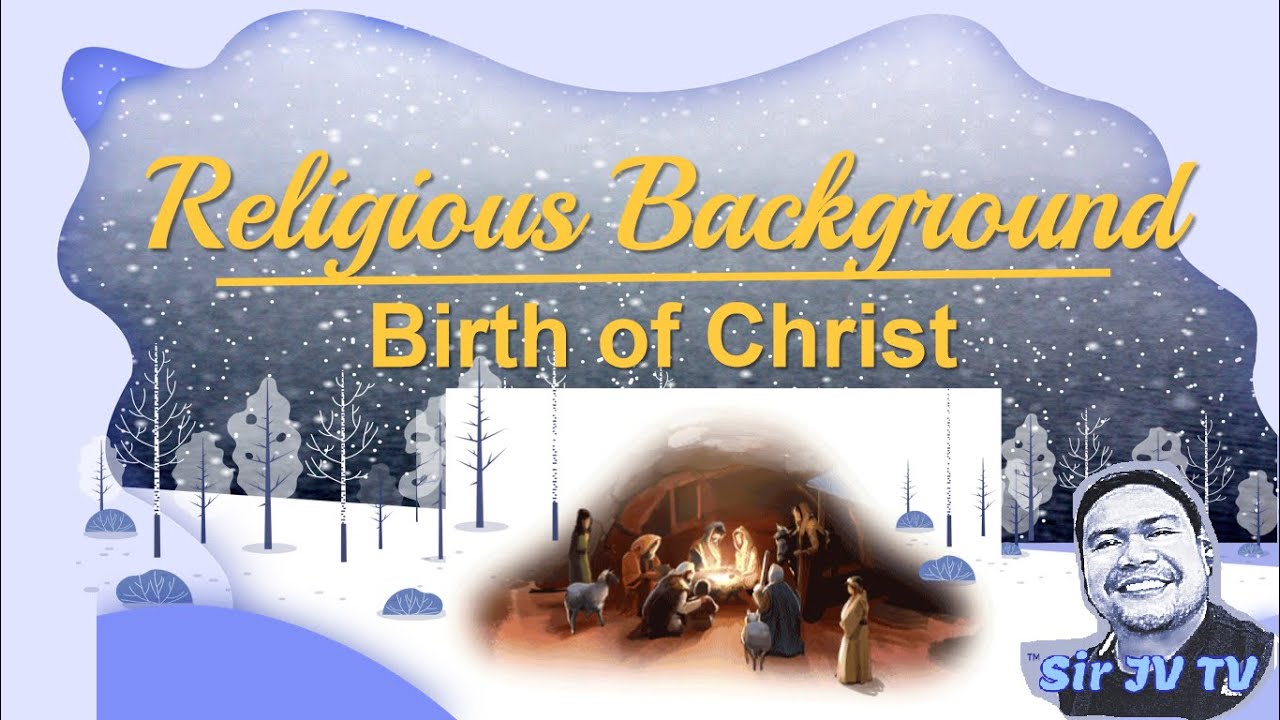The Three Pilgrimage Festivals
Summary
TLDRThe video explains the significance of three Jewish pilgrimage festivals: Passover, Pentecost, and Tabernacles. Passover celebrates Israel’s deliverance from Egypt, with symbolic elements like unleavened bread and a seder meal. Pentecost, or Shavuot, marks the wheat harvest and is tied to the giving of the Ten Commandments. Tabernacles, or Sukkot, commemorates Israel's 40 years in the wilderness and coincides with the fall harvest. These festivals are important for understanding biblical events and themes, including their relevance to the New Testament, especially during key moments in the life of Jesus.
Takeaways
- 📜 The Bible contains three pilgrim festivals: Passover, Pentecost, and Tabernacles, still celebrated by Jewish people today.
- 🏙️ These festivals are called pilgrimage festivals because they were meant to be celebrated in Jerusalem, away from home.
- 🍞 Passover, or Pesach, celebrates Israel's deliverance from Egypt and involves the consumption of unleavened bread (matzah).
- 🍷 The Last Supper in the Gospels was a Passover Seder meal, and Jesus used its elements, including wine and bread, to symbolize His sacrifice.
- 🌾 Pentecost, or Shavuot, occurs 50 days after Passover, coinciding with the wheat harvest and celebrating the giving of the law at Mount Sinai.
- 🔥 In the New Testament, Pentecost marks the arrival of the Holy Spirit on the disciples, seen as the birth of the Christian Church.
- 📖 The Pharisees believed in an oral law passed alongside the written law, forming the basis of the Talmud, which Jesus referenced as 'the tradition of the elders.'
- 🏕️ The Feast of Tabernacles, or Sukkot, recalls Israel's 40 years of wandering in the wilderness and includes the building of temporary shelters (sukkahs).
- 🌴 Jesus' triumphal entry into Jerusalem, known as Palm Sunday, took place during Sukkot, which coincides with the fall harvest of tree fruit.
- 📅 For the quiz, remember the name of each festival, the month it occurs, the agricultural harvest associated with it, and its religious significance.
Q & A
What are the three pilgrim festivals mentioned in the Bible that are still celebrated by Jewish people today?
-The three pilgrim festivals are Passover (Pesach), Pentecost (Shavuot), and Tabernacles (Sukkot).
Why are these festivals referred to as 'pilgrim' festivals?
-They are called 'pilgrim' festivals because the Jewish people were expected to celebrate these events in Jerusalem, away from their homes.
What is the significance of Passover (Pesach) and what does it commemorate?
-Passover, also called the Feast of Unleavened Bread, commemorates Israel's deliverance from slavery in Egypt. It is celebrated with a special meal called a seder, featuring roasted lamb and unleavened bread.
How does the Passover Seder relate to the Last Supper in the New Testament?
-The Last Supper, as described in the Gospels, was a Passover seder. Jesus and his disciples had consumed the first two cups of wine, and Jesus used the unleavened bread and the third cup of wine to symbolize his body and blood, establishing the new covenant.
What are the four cups of wine in the Passover Seder, and what do they represent?
-The four cups of wine in the Passover Seder represent sanctification, deliverance, redemption, and praise. Jesus used the third cup, the cup of redemption, to establish the new covenant.
What is Pentecost (Shavuot), and how is it associated with the New Testament?
-Pentecost is celebrated on the 50th day after Passover and coincides with the wheat harvest. In the New Testament, Pentecost is significant because it marks the day the Holy Spirit descended on the disciples, symbolizing the birth of the Church.
How did the rabbis of Jesus’s time link Pentecost with the giving of the Ten Commandments?
-The rabbis linked Pentecost with the giving of the Ten Commandments at Mount Sinai because Exodus 19:1 states that Israel arrived at Mount Sinai in the third month, which the rabbis interpreted as approximately 49 days after leaving Egypt.
What is the oral law mentioned in the script, and how does it relate to Jesus's teachings?
-The oral law was a parallel interpretation of the written law passed down orally. Jesus refers to this in Mark 7 as the 'tradition of the elders.' This oral tradition was eventually written down and became the Talmud.
What is the significance of the Feast of Tabernacles (Sukkot), and how is it celebrated?
-The Feast of Tabernacles commemorates Israel’s 40 years of wandering in the wilderness, where God provided food and protection. Jewish people build temporary shelters called sukkahs and often eat and sleep in them during the festival to remember this time.
How does the Feast of Tabernacles connect to the New Testament event of Jesus's triumphal entry into Jerusalem?
-Jesus's triumphal entry into Jerusalem, commonly known as Palm Sunday, took place during the Feast of Tabernacles, which was celebrated in September or October.
Outlines

Dieser Bereich ist nur für Premium-Benutzer verfügbar. Bitte führen Sie ein Upgrade durch, um auf diesen Abschnitt zuzugreifen.
Upgrade durchführenMindmap

Dieser Bereich ist nur für Premium-Benutzer verfügbar. Bitte führen Sie ein Upgrade durch, um auf diesen Abschnitt zuzugreifen.
Upgrade durchführenKeywords

Dieser Bereich ist nur für Premium-Benutzer verfügbar. Bitte führen Sie ein Upgrade durch, um auf diesen Abschnitt zuzugreifen.
Upgrade durchführenHighlights

Dieser Bereich ist nur für Premium-Benutzer verfügbar. Bitte führen Sie ein Upgrade durch, um auf diesen Abschnitt zuzugreifen.
Upgrade durchführenTranscripts

Dieser Bereich ist nur für Premium-Benutzer verfügbar. Bitte führen Sie ein Upgrade durch, um auf diesen Abschnitt zuzugreifen.
Upgrade durchführenWeitere ähnliche Videos ansehen

The Way of Christ: The Paschal Mystery

A VERDADEIRA HISTÓRIA DA PÁSCOA: CONHEÇA A ORIGEM E O SIGNIFICADO DA PÁSCOA NA BÍBLIA

Entenda o VERDADEIRO significado da PÁSCOA de forma SIMPLES! (Estudo Bíblico) | #42

Jødedommen: Tanakh og Talmud

Religious Background / Birth of Jesus / Module 3.1 / Religion and Ethics 1

Youth - Faith & Fusion - 8
5.0 / 5 (0 votes)
